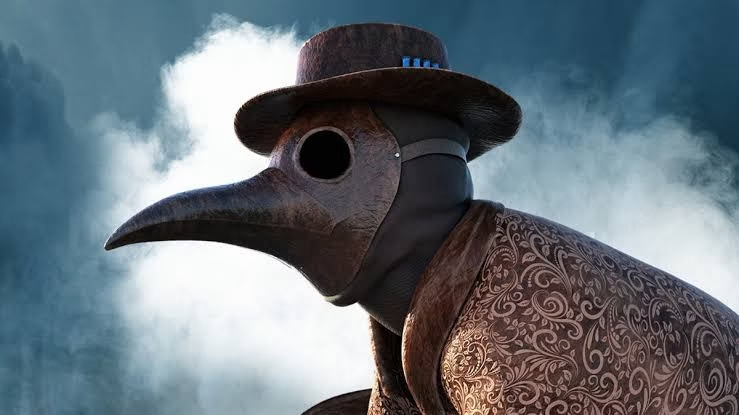A South Lake Tahoe resident has tested positive for plague, which officials believe was contracted from an infected flea during a recent camping trip; the patient is recovering at home under medical care, according to El Dorado County health authorities.
Key Details
• Health officials suspect the infection came from a flea bite sustained while camping in the South Lake Tahoe area; an investigation is underway to determine exposure sites and notify the public as needed.
• Plague is caused by the bacterium Yersinia pestis and is most often spread to humans via fleas that have fed on infected rodents such as squirrels and chipmunks; pets can carry infected fleas into homes, increasing risk of exposure.
• California monitors plague activity in wildlife; from 2021–2024, 41 rodents showed evidence of plague exposure in El Dorado County, and four additional plague-positive rodents have been detected in the Tahoe Basin so far in 2025, officials said.
• Human plague infections in the U.S. are rare, averaging about seven cases annually in recent decades, mostly in the western states; over 80% of U.S. cases are the bubonic form, which is treatable with antibiotics if caught early.
• The last recorded human plague case in the South Lake Tahoe area was in 2020, officials noted.
Symptoms to Watch
Plague symptoms can develop within two weeks of exposure and often include sudden fever, chills, weakness, headache, and painful, swollen lymph nodes (buboes); prompt diagnosis and antibiotic treatment are effective and reduce complications.
Public Health Guidance
• Avoid contact with wild rodents and their burrows; do not feed squirrels or chipmunks.
• Use EPA-registered insect repellents where fleas may be present, and keep campsites clean to deter wildlife.
• Keep pets on leashes in endemic areas and use veterinarian-recommended flea control products; prevent pets that roam outdoors from sleeping on beds.
• Seek medical care if compatible symptoms develop after camping or hiking in higher-elevation areas where plague circulates in wildlife, and inform clinicians about recent exposures.
